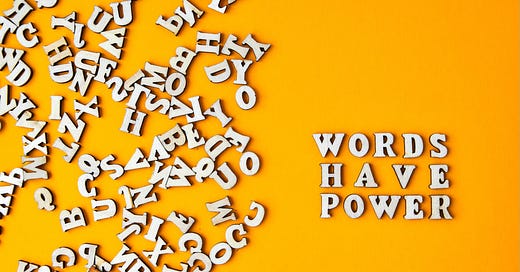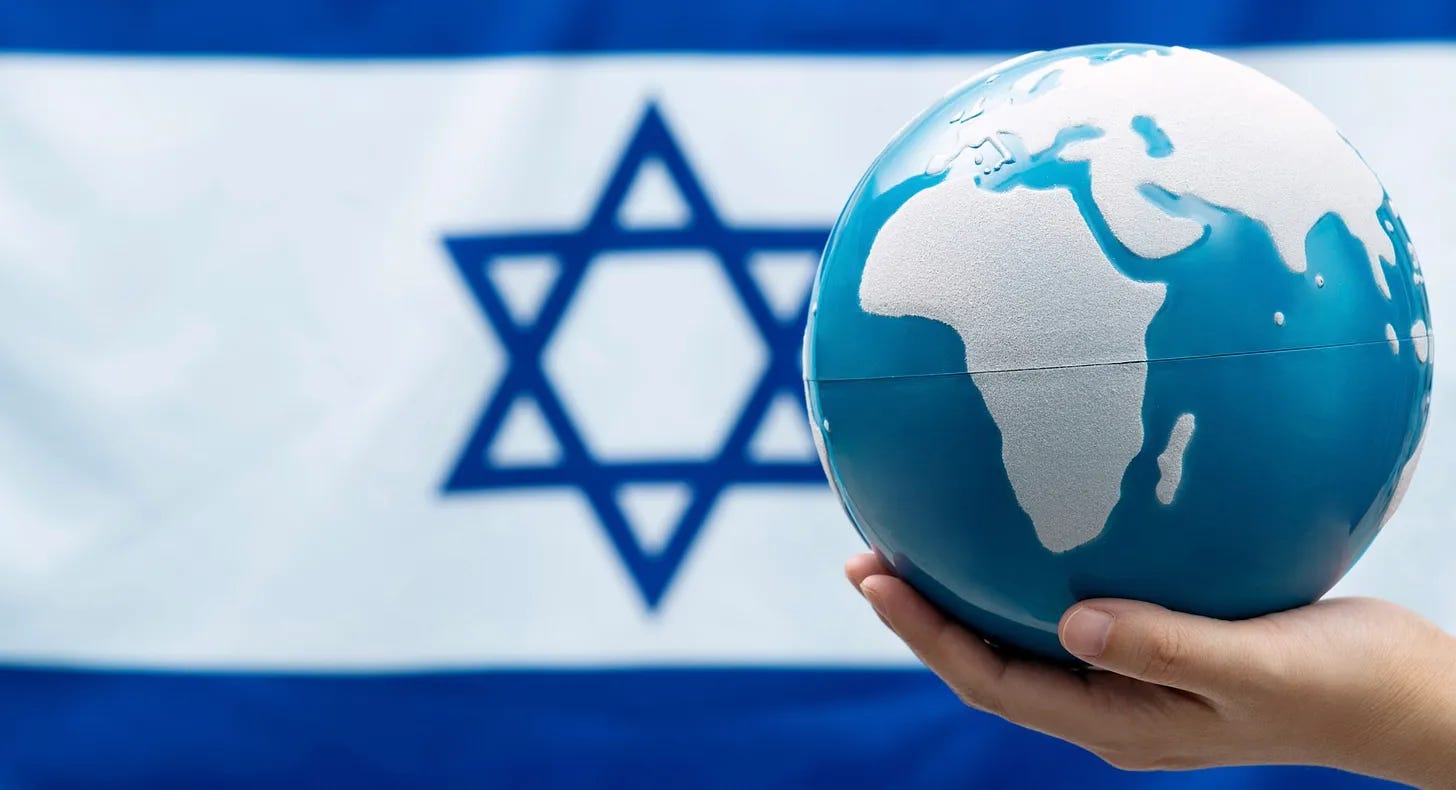The Truth Crisis: What WE Can Do
"I’ll speak about 16,000 words tomorrow. And the next day. And the day after that. I hope that in the moments where I'm realizing new truths — I will be strong enough to use those three magic words."
By Mari Chernow
On average, people speak approximately 16,000 words per day. In a Jewish tradition that teaches us that, “death and life are in the hands of the tongue” — that’s a lot of words and a lot of power.
My life’s work is dealing in words. As a rabbi, I interpret traditional words and modernize ancient words. I shape words into offerings, hoping that they will float up to the heavens to be received in some holy place. I meet other human beings through words — in my office, on the bimah, and at life cycle events that literally carry us from birth to death. Through words, we bridge the abyss between our own personal experiences. Words tell stories. They soothe, challenge, excite, enrich, embrace.
The book, These Truths We Hold: Judaism in an Age of Truthiness, is written for a time in which words have lost their currency. It addresses what Dr. Andrew Rehfeld calls in the preface, “the truth crisis… a threat to the foundation of our democratic civil society, dependent as it is on citizen deliberation, public education, and confidence that we can agree at least upon a set of facts, if not the best solutions, when debating public policy and law.” Joshua Garroway and Wendy Zierler, the book’s editors, collect scholarship on Jewish text that, though ancient, may guide us through the truth crisis of the 21st century.
In one chapter, Zierler discusses the relationship between truth and satire. Many scholars have pointed to the Bible’s comedic figures and its humorous use of word play, exaggeration, and absurdity as literary tools. Zierler points out one such laughable line in the Torah. While I have surely read it hundreds of times, it stopped me cold this time around. The context is the incident of the golden calf. While Moses is up on Mt. Sinai, the Israelites commit the most egregious sin in our foundational narrative: building an idol and worshiping it as, “your God…who brought you out of the land of Egypt!” Moses hurries down the mountain to confront Aaron, who has led the people in his absence. Aaron’s response is a maneuver that reminds me of answers I often hear from my five-year-old, “I said to [the people], ‘whoever has gold, take it off!’ They gave it to me and I hurled it into the fire and out came this calf!”
On most days, it would indeed be humorous to put the language of a toddler in the mouth of a national leader. I was reading this book, however, just days after the first presidential debate. Here we are in the United States, potentially poised to elect a candidate who refuses to answer questions and instead offers distortions, dodges, and outright lies. I was reading this book at a time when the Israeli people have been waiting for the better part of a year for their prime minister to take responsibility for the trauma and tragedy of October 7, to no avail. In this climate, I could not find comedy in Aaron’s manipulation of words to evade responsibility.
In the summer of 2022, The New York Times ran a series, “I was wrong.” The paper published eight pieces by their opinion writers, discussing their own incorrect predictions, bad advice, or characters misjudged. The introduction acknowledged that it was a tough ask for a thought leader. Yet, the Times made the ask because, “we still hold onto the idea that good-faith intellectual debate is possible, that we should all be able to rethink our positions on issues, from the most serious to the most trivial…We hope that…[our columnists]... can be role models of how valuable it can be to admit when you get things wrong.”
I loved the series. And I loved that it came in the months leading up to the High Holidays, when members of the Jewish community dig deep for courage and fortitude that will allow us to say, “I was wrong.”
I’ll have 16,000 words tomorrow. And the next day. And the day after that, and so on. I hope that in the moments where I am realizing new truths — I will be strong enough to use those three magic words.
MARI CHERNOW is the Senior Rabbi at Temple Israel of Hollywood and a Senior Rabbinic Fellow at the Shalom Hartman Institute.
From unpacking history and politics to navigating the nuances of family and personal relationships to finding the human angle on sports and entertainment — plus our unsparing take on what’s happening in the Jewish world — the canvas at JEWDICIOUS is limitless! JOIN US!!





